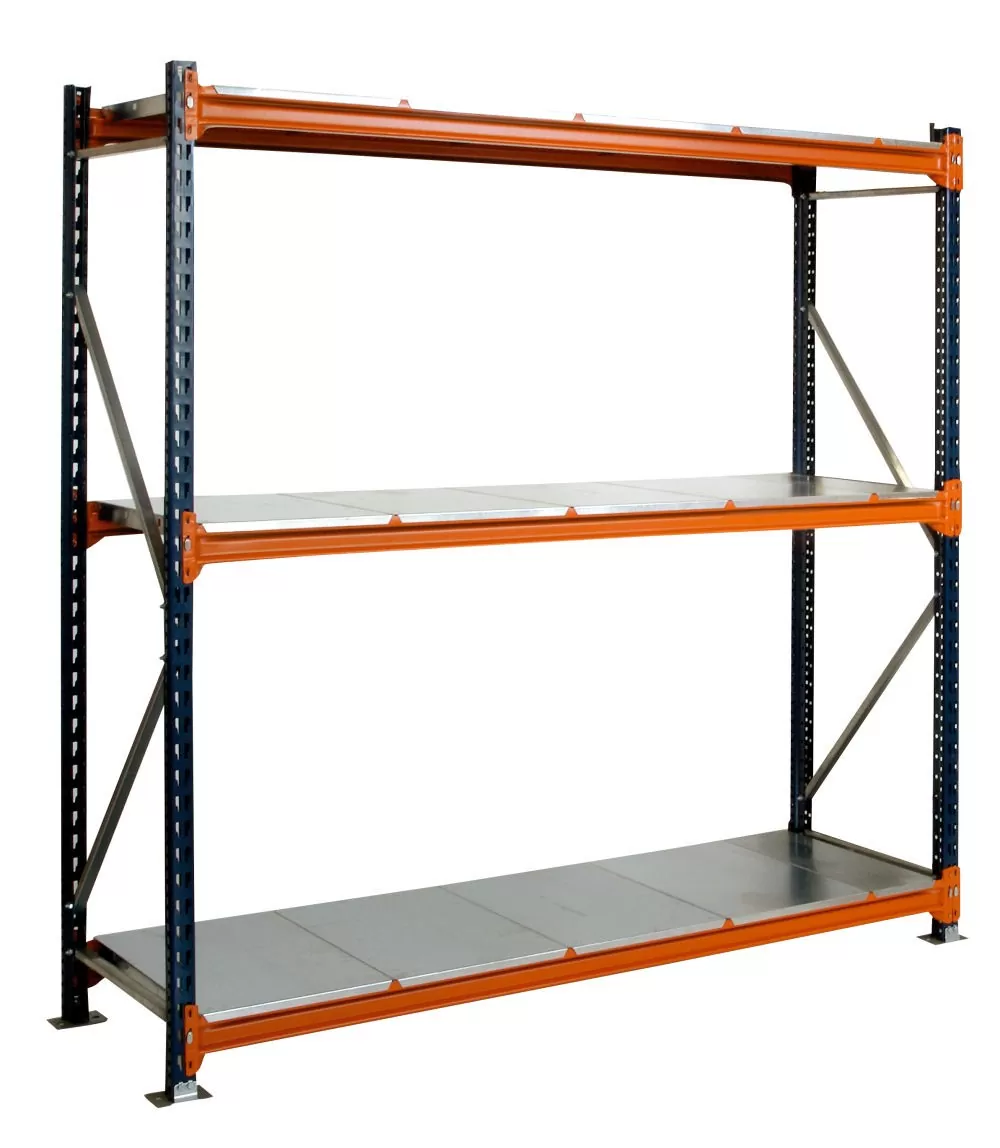About Us
Essex based UK Shelving are here to offer you one of the most extensive and comprehensive ranges of quality storage shelving and racking solutions at unbeatable prices. The turnkey service that UK Shelving can provide includes measurement and design as well as installation and maintenance service too. Our experts also provide an unrivalled service of 2 - 3 day nationwide delivery on all of our current stock items, subject to availability. If you take a quick look at some of the benefits on our website it will show you why we have become the fastest growing supplier of Racking, Storage and Shelving solutions within the United Kingdom.



